On July 22, 2021 Diagnos (ADK.V) announced the official opening of the initial clinics at the Magrabi Hospital in Saudi Arabia.
DIAGNOS specialises in early detection of health problems based on its FLAIRE artificial intelligence (AI) platform.
The FLAIRE platform is used in applications such as CARA (Computer Assisted Retina Analysis).
CARA’s artificial intelligence-based image enhancement algorithms provide sharper, clearer, retinal images that can then be analyzed̀ for anomalies.
“The early stages of retinal damage from diabetes are called non-proliferative retinopathy,” explains Health Link BC, “First, tiny blood vessels called capillaries in the retina develop weakened areas in their walls called microaneurysms.”
“When red blood cells escape through these weakened walls, tiny amounts of bleeding (hemorrhage) become visible when the retina is viewed through an instrument called an ophthalmoscope”.
“By using Diagnos’ telemedicine solution, we have been able to identify patients needing care early so their vision can be saved,” stated ADK.
Diagnos didn’t end up in Saudi Arabia by throwing a dart at a world-map.
“The World Health Organization (WHO) has reported that Saudi Arabia ranks the second highest in the Middle East, and is seventh in the world for the rate of diabetes,” states Pub Med Gov, “It is estimated that around 7 million Saudi Arabians are diabetic and almost around 3 million have pre-diabetes.”
“The retina, the back part of the eye, is the only area of the body where doctors can easily see the condition of arteries and veins without invasive procedures,” explains AV Press, “Early detection of atherosclerosis (hardening of arteries) in the retinas of diabetes patients signals a warning that the same problem is occurring in coronary arteries. This is why the retina is called, ‘the window to the heart’”.
Diagnos’ technology can inform a patient that she is at risk for a heart attack or stroke.
There are 200,000 optometrists in the world, and each one of them is capable of collecting the images Diagnos needs to run its A.I diagnostics.
“Diabetes is the largest cause of vision loss in the world and accessibility to an eye test such as this is one of the most important factors contributing to early diagnosis and treatment,” confirmed Yves-Stéphane Couture, Vice President of Sales for DIAGNOS.
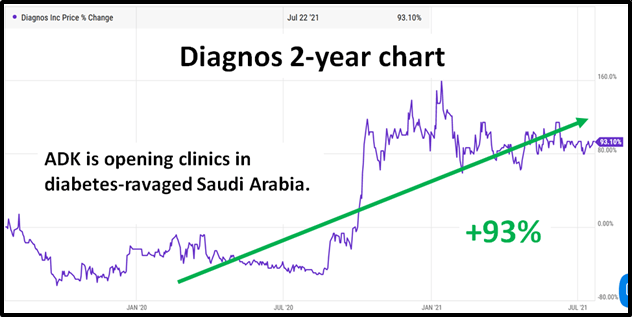
ADK reported that Dr. Ibrahim Al-Omar, Undersecretary of the Ministry of Health for Investment, inaugurated last Wednesday the early detection unit for diabetic retinopathy operated by DIAGNOS’ AI (Artificial Intelligence) technology at Magrabi Eye, Ear and Dental Hospital in Riyadh, the first of its kind in the Kingdom.
The inauguration was attended by the executive management of the Magrabi Group represented by Mr. Mutasim Alireza, Managing Director, Dr. Tariq Al-Hamad, Regional Operations Director, Senior Retinal Consultants, Yves-Stephane Couture, Vice President of DIAGNOS and members of the management of Kanhoor Company and Bayer Pharmaceuticals.
Dr. Walid bin Abdul Rahman Al-Turki, head of the retinal departments at Magrabi Group in Riyadh, stated that the aim of this unit is to examine the largest possible number of diabetic patients who are at risk of developing retinal diseases associated with them, which unfortunately may end in a gradual complete loss of vision.
The incidence of diabetes in the Saudi Kingdom is about 27% of the population.
Magrabi Hospitals and Centers has thirty-four branches in the Middle East; Twenty-two of them are in the Kingdom in Riyadh, Jeddah, Makkah, Dammam, Khobar, Al-Ahsa, Jubail, Asir, Jazan, Madinah, and Qassim. Magrabi Hospitals and Centers Group was established in Jeddah in 1955 as the first hospital specialized in ophthalmology, and today it is the largest specialized medical network in the region.
Equity Guru Arabic readers can find local Saudi news coverage here.
“We extend our best wishes to Magrabi hospitals. We would also like to thank everyone in attendance for their time and efforts in making this project a reality,” stated André Larente, President of DIAGNOS, “The main beneficiaries will be many thousands of diabetic patients whose vision can now be protected through this collaboration.”
On July 5, 2021, Jody Vance, spoke with Larente about the business objectives of ADK.
“We just announced a 7-year contract with the largest eye care retailer in Canada,” explained Larente, “It’s a very strategic deal.”
“It has three components to it,” continued Larente, “One is it’s going to they’re going to use our existing platform to analyze the back of the eye of all their patients that are going to go in for an eye exam. We’re going to change the interface from a doctor to more of an optometry and optician interface.”
“Number two, we’re going to develop a code development application to monitor patients that have glaucoma. We’re going to be able to monitor the patient and ease the pain on the glaucoma side.”
“Thirdly, they want they want access to a new application that we’re developing for stroke.”
On January 19, 2021 Diagnos announced a three-year partnership agreement with the Center Hospitalier de l’Université de Montréal (CHUM) on AI projects related to the early detection of various retinal diseases.
“The evaluation and refinement of DIAGNOS technology using artificial intelligence in the early detection of certain diseases by our ophthalmology, endocrinology and now cardiology teams contribute to improving the quality and safety of the care provided to the population,” stated Dr. Fabrice Brunet, President and CEO of CHUM .
“The global diabetes prevalence in 2019 is estimated to be 9.3% (463 million people), rising to 10.2% (578 million) by 2030 and 10.9% (700 million) by 2045,” states The International Diabetes Federation, “One in two (50.1%) people living with diabetes do not know that they have diabetes”.
“Public health care in Saudi Arabia is financed through oil revenue generated by the government, and private health care expenditures are financed through a combination of employee insurance and out-of-pocket payments by the employer and consumer,” reports Sage Journals, “The government provides financial support, including tax benefit, non-interference by the government on private entities, and 100% ownership for foreign investors in health care.”
Dr. Walid Al-Turki stated that the initiative is in its infancy, and the Magrabi Group will develop and circulate the ADK technology in all branches upon completion of its review.
- Lukas Kane
Full Disclosure: Diagnos is an Equity Guru marketing client

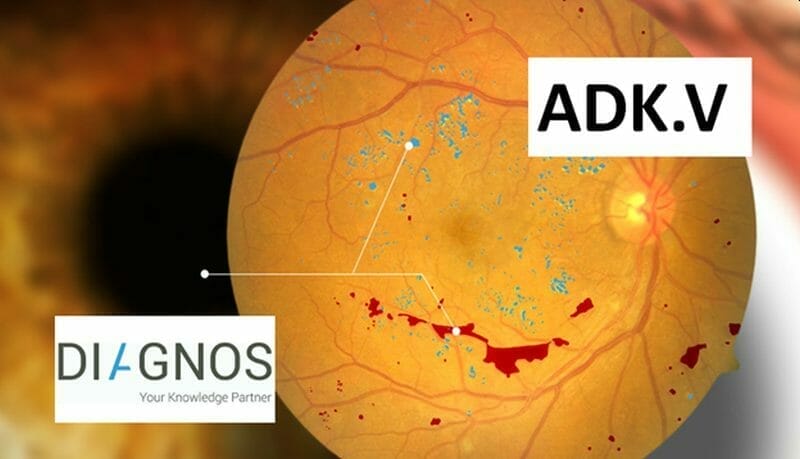

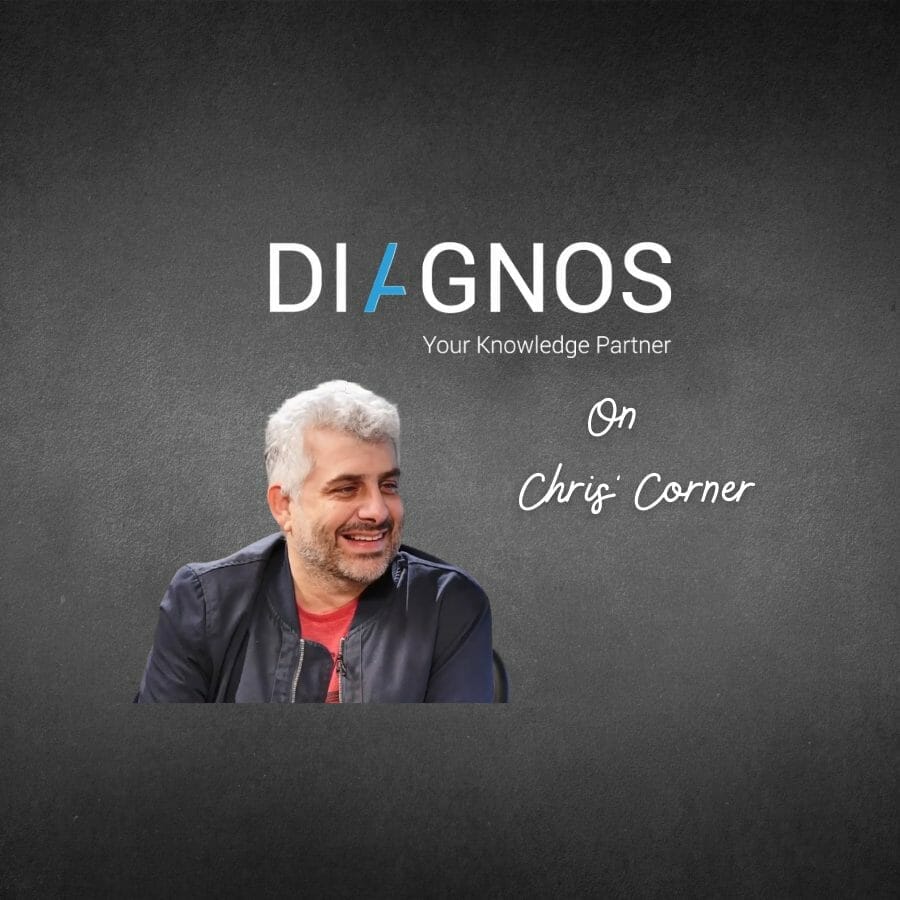

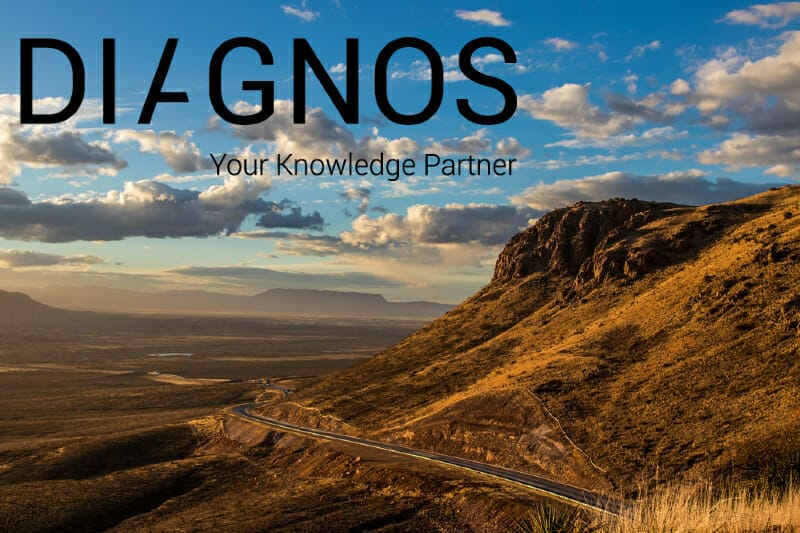
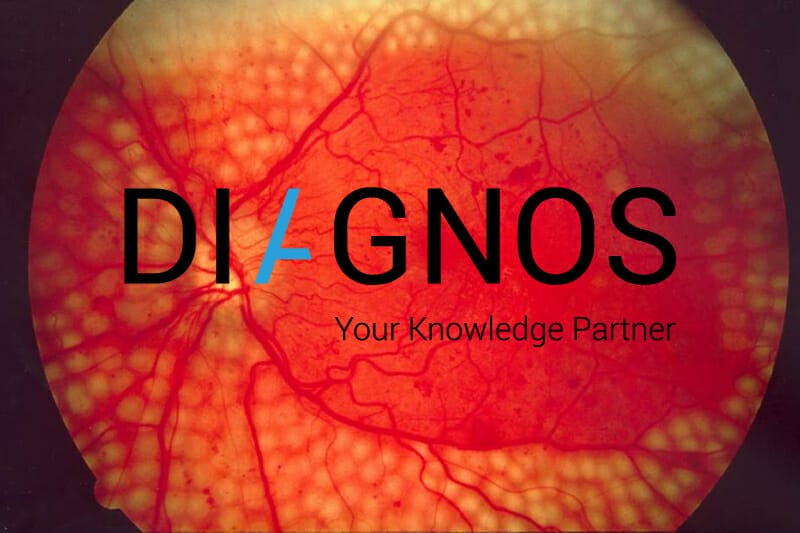
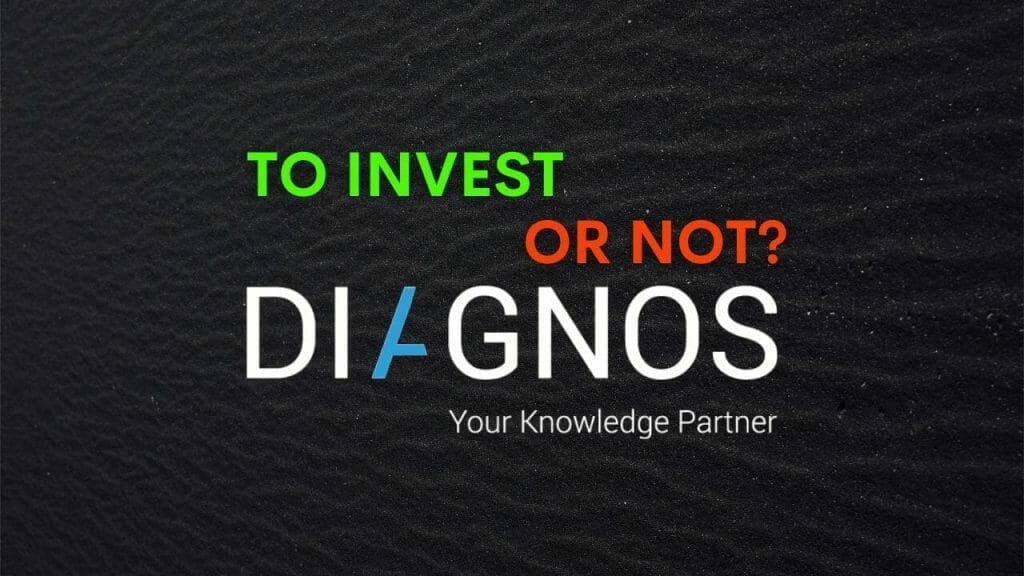
Pingback: Role of AI in Early Detection of Critical Health Issues Related to Diabetes | techolate
Pingback: Role of AI in Early Detection of Critical Health Issues Related to Diabetes - blacktechdaily.com
Pingback: Role of AI in Early Detection of Critical Health Issues Related to Diabetes - Health Reporter
Pingback: Role of AI in Early Detection of Critical Diabetes-Related Health Problems - Roxxcloud
Pingback: Role of AI in Early Detection of Critical Health Issues Related to Diabetes - Diabetes
Pingback: Role of AI in Early Detection of Critical Health Issues Related to Diabetes – Analytics Insight - AI Caosuo